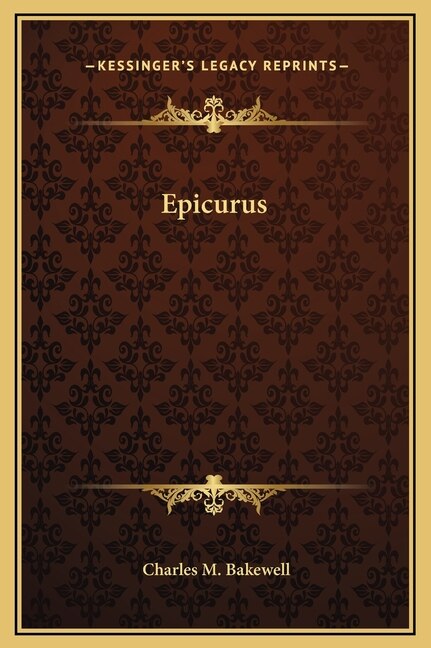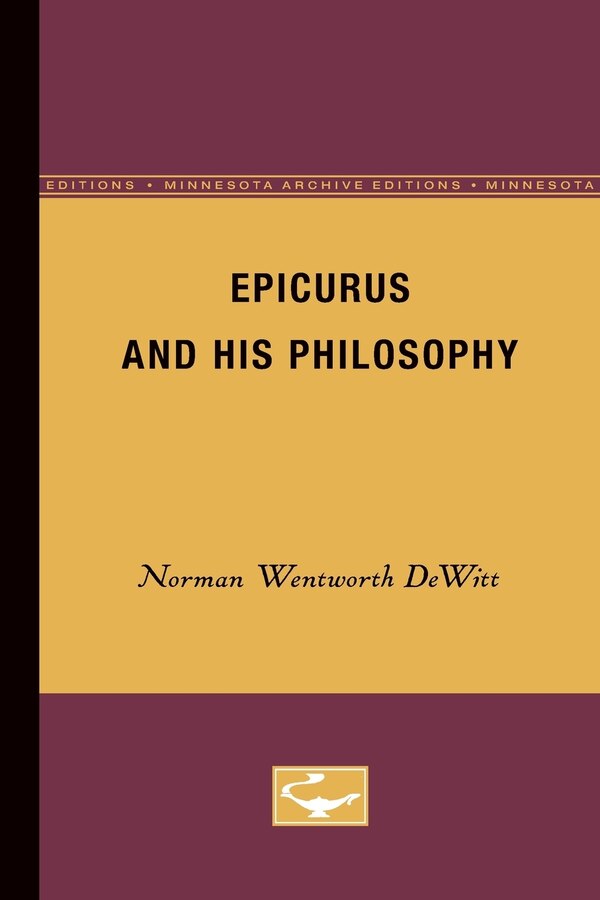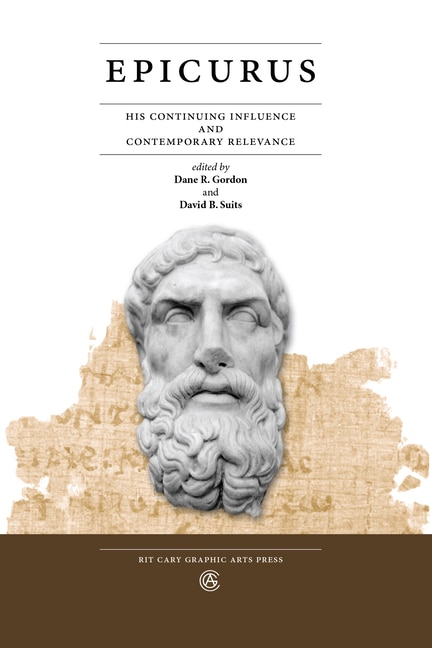Home
Epicureanism at the Origins of Modernity by Catherine Wilson, Paperback | Indigo Chapters
Loading Inventory...
Coles
Epicureanism at the Origins of Modernity by Catherine Wilson, Paperback | Indigo Chapters
From Catherine Wilson
Current price: $69.75


Coles
Epicureanism at the Origins of Modernity by Catherine Wilson, Paperback | Indigo Chapters
From Catherine Wilson
Current price: $69.75
Loading Inventory...
Size: 25.4 x 234 x 466
*Product information may vary - to confirm product availability, pricing, shipping and return information please contact Coles
This landmark study examines the role played by the rediscovery of the writings of the ancient atomists, Epicurus and Lucretius, in the articulation of the major philosophical systems of the seventeenth century, and, more broadly, their influence on the evolution of natural science and moraland political philosophy. The target of sustained and trenchant philosophical criticism by Cicero, and of opprobrium by the Christian Fathers of the early Church, for its unflinching commitment to the absence of divine supervision and the finitude of life, the Epicurean philosophy surfaced again inthe period of the Scientific Revolution, when it displaced scholastic Aristotelianism. Both modern social contract theory and utilitarianism in ethics were grounded in its tenets. Catherine Wilson shows how the distinctive Epicurean image of the natural and social worlds took hold in philosophy, andhow it is an acknowledged, and often unacknowledged presence in the writings of Descartes, Gassendi, Hobbes, Boyle, Locke, Leibniz, Berkeley. With chapters devoted to Epicurean physics and cosmology, the corpuscularian or \"mechanical\" philosophy, the question of the mortality of the soul, thegrounds of political authority, the contested nature of the experimental philosophy, sensuality, curiosity, and the role of pleasure and utility in ethics, the author makes a persuasive case for the significance of materialism in seventeenth-century philosophy without underestimating the depth andsignificance of the opposition to it, and for its continued importance in the contemporary world. Lucretius's great poem, On the Nature of Things, supplies the frame of reference for this deeply-researched inquiry into the origins of modern philosophy.. | Epicureanism at the Origins of Modernity by Catherine Wilson, Paperback | Indigo Chapters



















